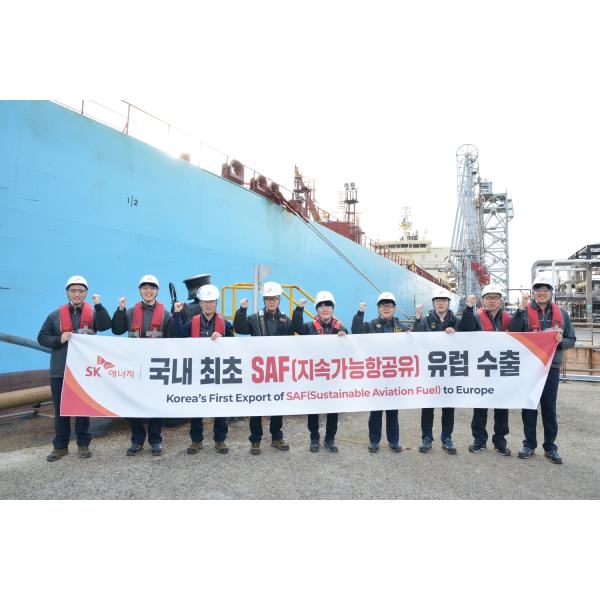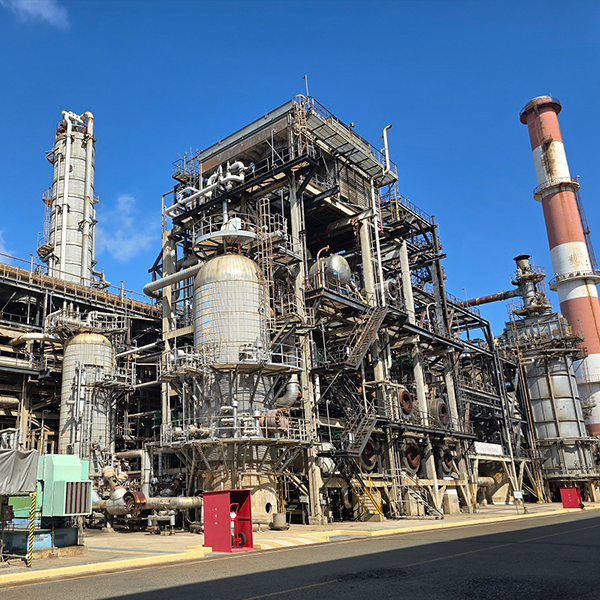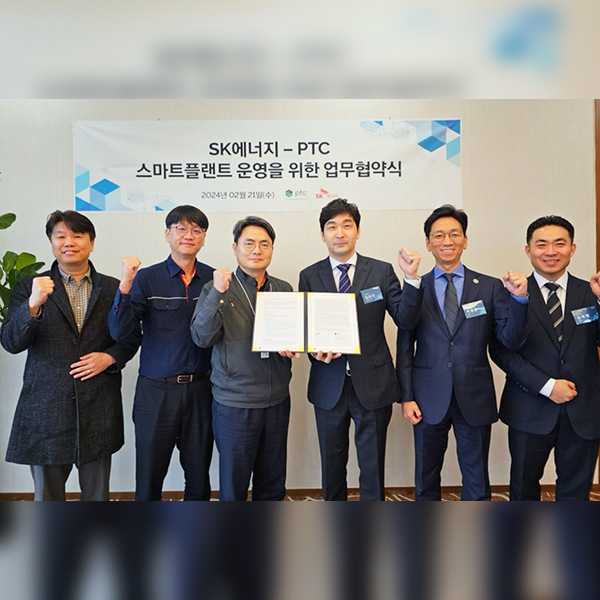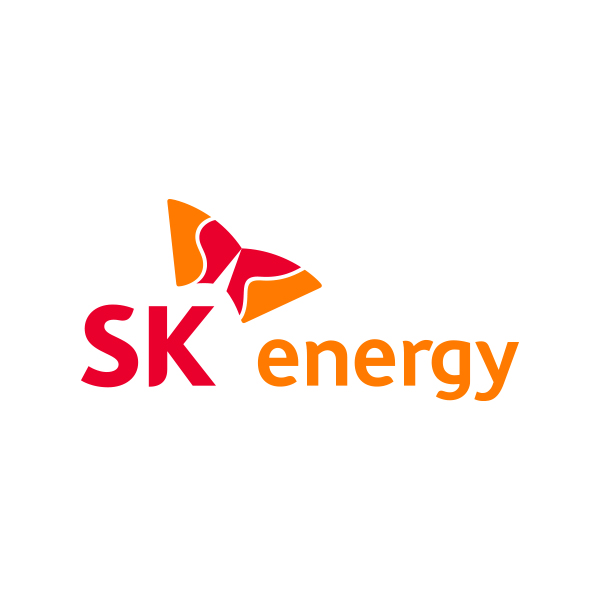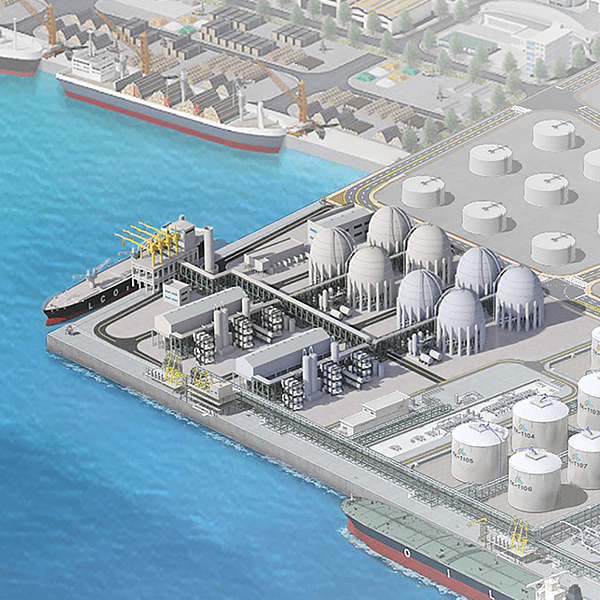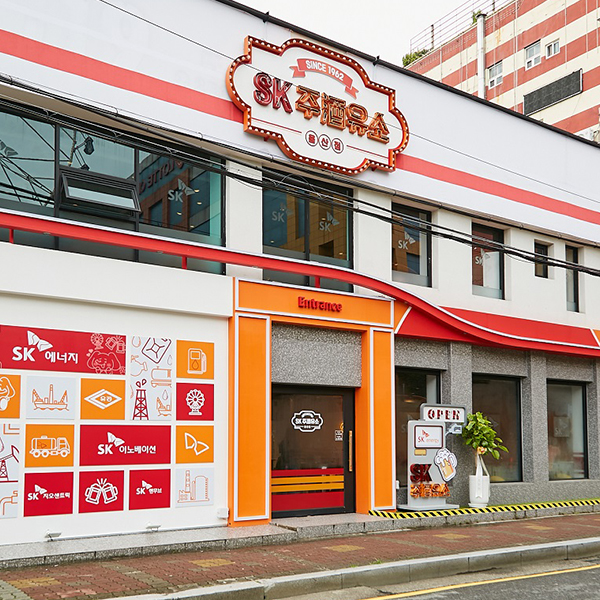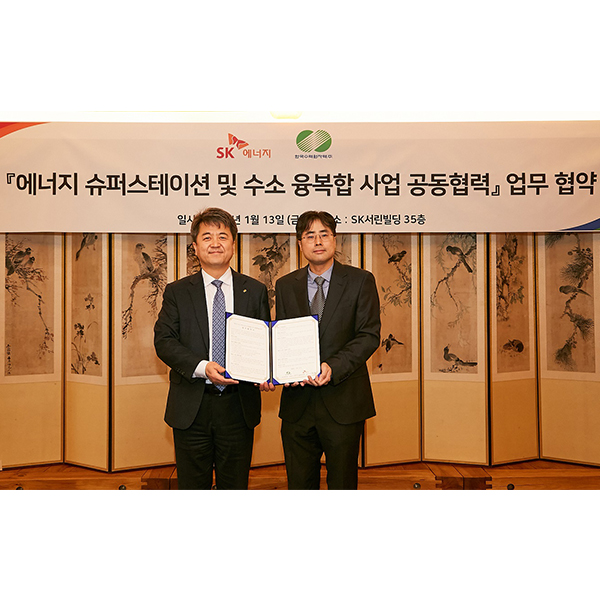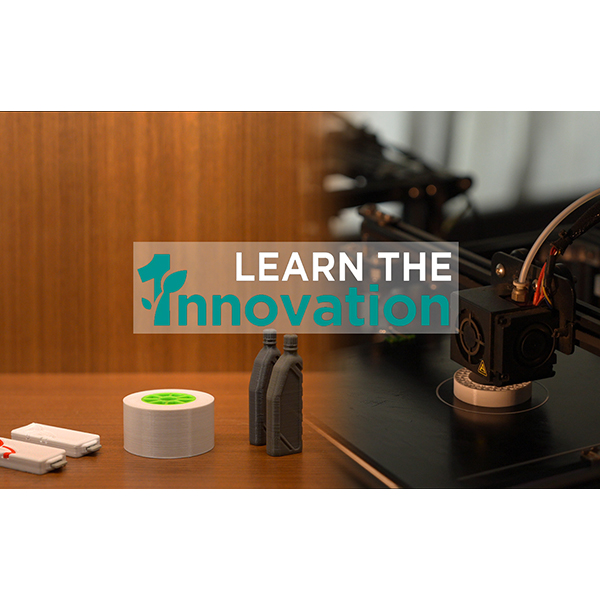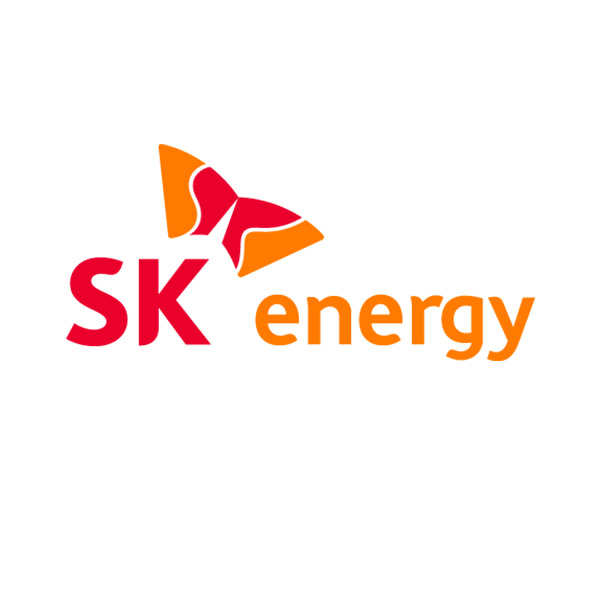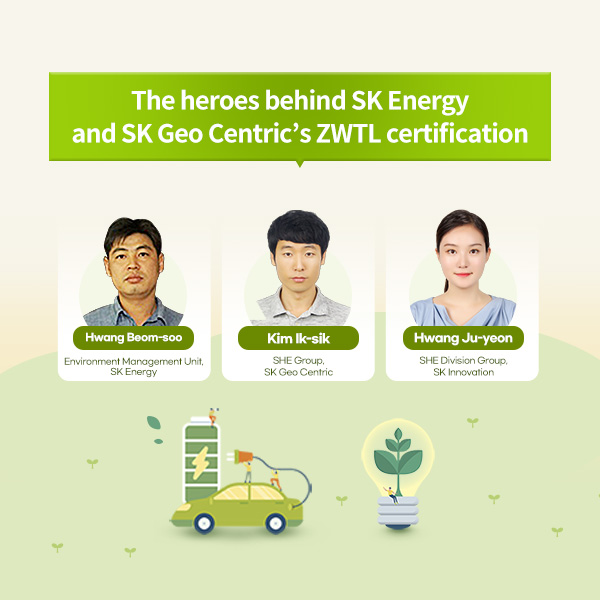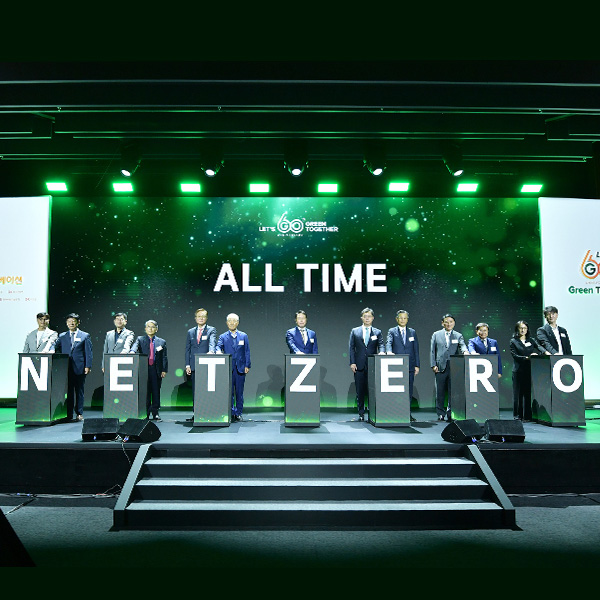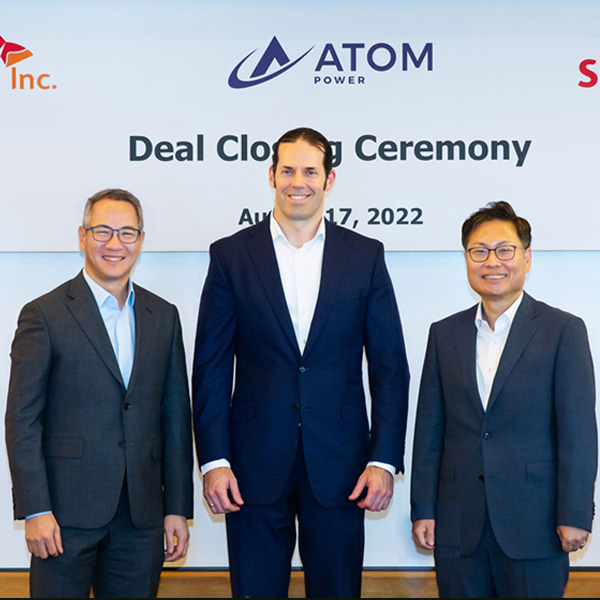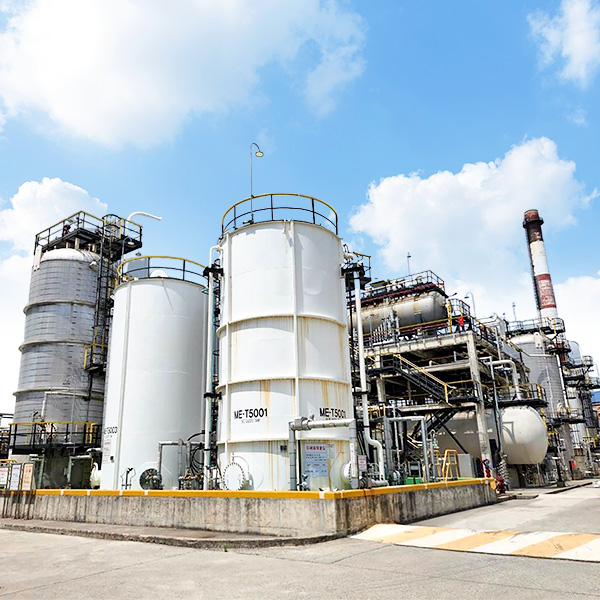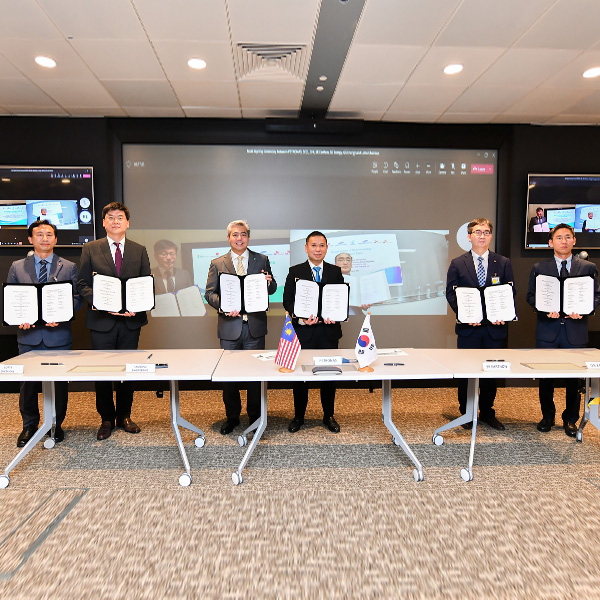 SK Energy
SK Energy
SK Innovation and its subsidiary SK Energy have recently announced its participation in REALISE CCUS project coordinated by SINTEF for the collaboration of carbon capture technology research from 2021 to 2023 after signing the Collaboration Agreement on February 25th.
SINTEF (The Foundation for Scientific and Industrial Research) is one of Europe’s largest independent research organizations headquartered in Norway. REALISE CCUS stands for “Refinery-Adapted Cluster-Integrated Strategy to Enable Full Chain CCUS (Carbon Capture, Utilisation and Storage) Implementation.” The research is funded by the European Union’s Horizon 2020 program to meet climate targets by 2030 and the EU’s commitment to net-zero emission by 2050.
From CO2 capture, transport and storage to CO2 reuse, REALISE project focuses on the full CCUS chain. Participants of the research includes scientists and industry experts from various countries, including European and Chinese companies/organizations such as Equinor, TNO (Netherlands Organisation for applied scientific research), University of Edinburgh, Dunhua Oil, Tsinghua University, etc.
By preventing the emission of CO2 from fossil fuel-based industries into the air, carbon capture and storage (CCS) is the only method so far that can effectively reduce greenhouse gas emissions in refinery business, which consumes high process energy. Thus, many studies regarding this technology are underway around the world.
SK Innovation and SK Energy revealed that as an industry partner of this research, the company hopes to contribute to the development and techno-economic assessment of the CCUS business case relevant for refineries.
In a recent interview released on REALISE project’s official website, Dr. Lee Seong Jun, Head of SK Innovation’s Institute of Environmental Science & Technology, said: “We believe that a way to reduce emissions [in the refinery sector] in the near term is through carbon capture and storage. However, the concentration of CO2 in most refinery flue gases is relatively low and, unlike thermal power generation, emission sources are distributed across a space. Also, there are not many geological CO2 storage options in Korea.” “Within the REALISE project, we want to evaluate the implications of post-combustion capture from multiple stacks as well as the potential transfer and storage of CO2 overseas,” he added.

▲ REALISE CCUS project released an article to introduce SK Innovation as a new industry partner on its homepage on March 3rd 2021 (http://realiseccus.eu/news/mission-deliver-clean-energy-innovation-south-korea)
SK Innovation also expects that the result of this research will prove the economic viability of CO2 capture in refineries and become a foundation for the company to communicate with the Korean government on support policies and major technological innovations relating to greenhouse gas emissions.
Besides, this R&D cooperation is part of SK Innovation’s effort to accelerate its Green Balance 2030*, a key strategy of the company’s ESG management.
(*)Green Balance 2030: SK Innovation’s key strategy to innovate the company’s business structure so that the positive environmental impacts offset the negative impacts by 2030
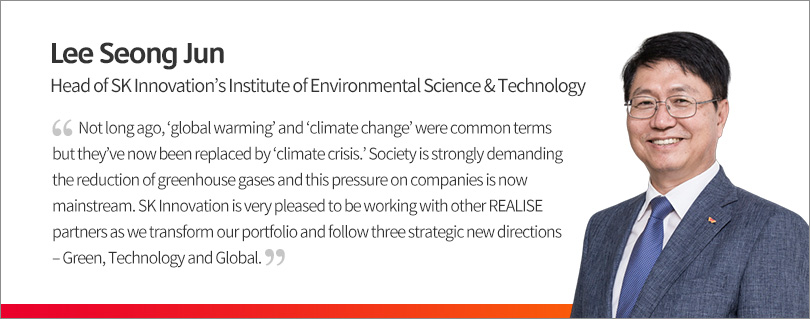










 Youtube
Youtube Facebook
Facebook Instagram
Instagram Linkedin
Linkedin








